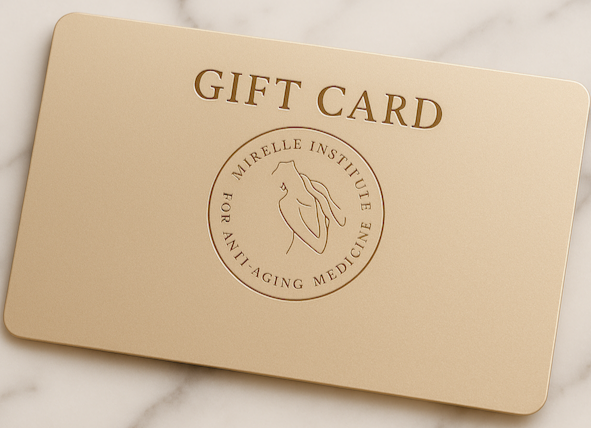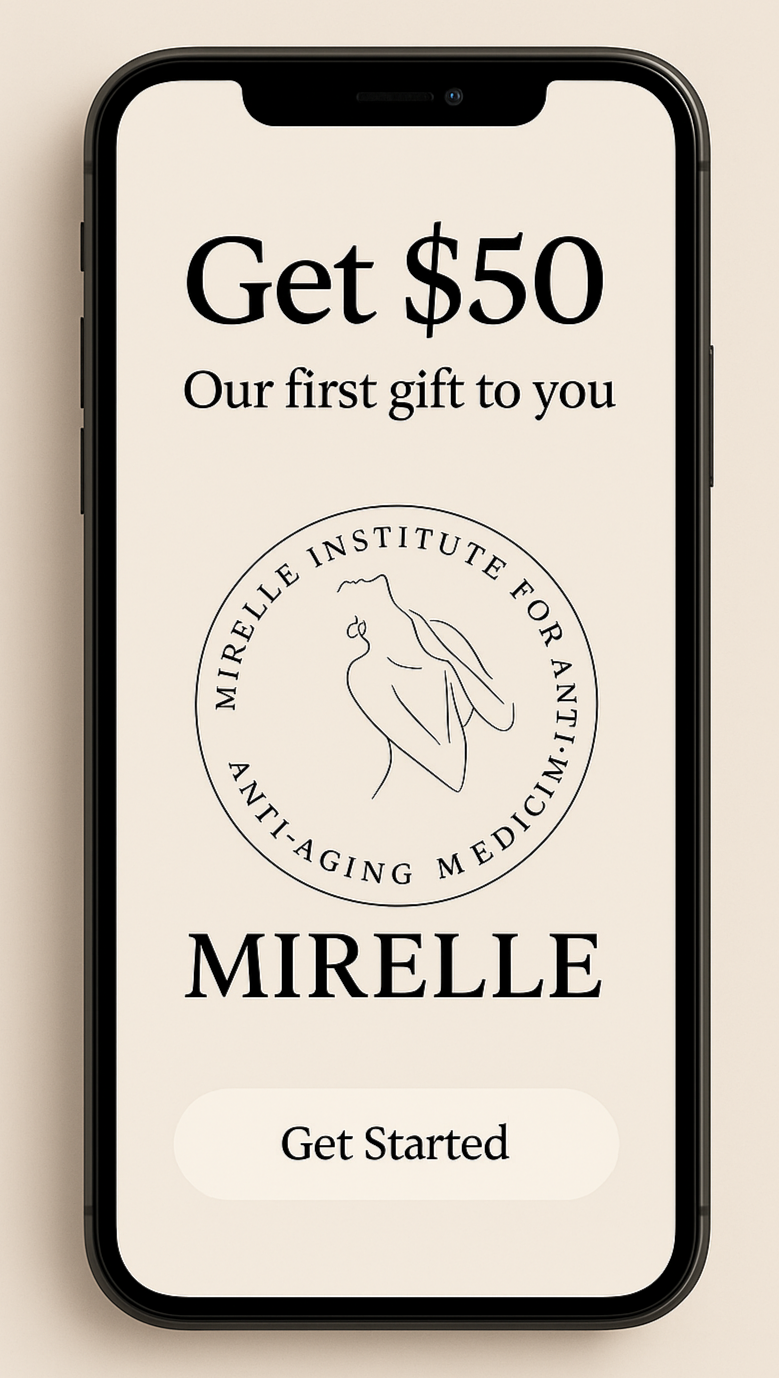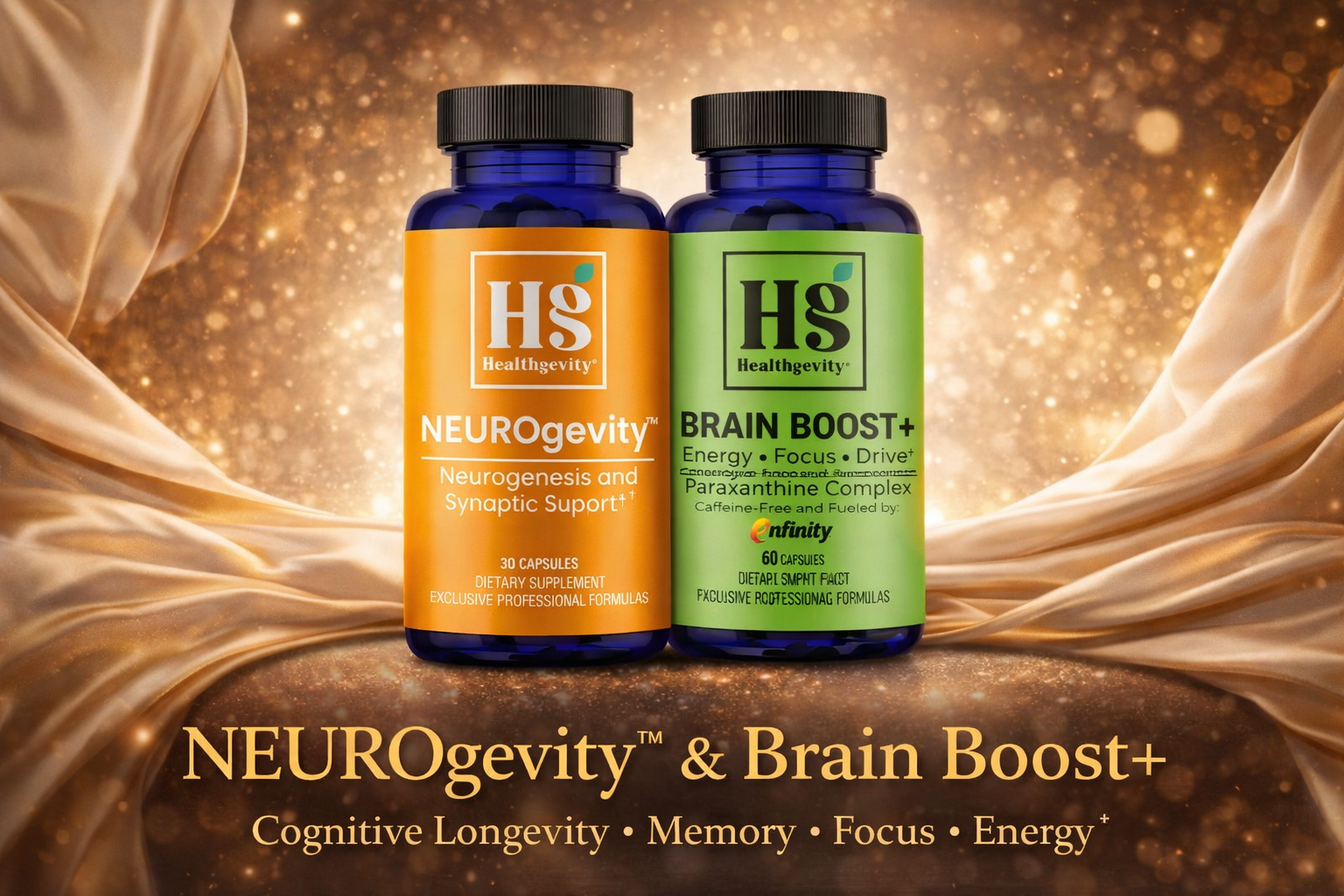By Corina Ianculovci
•
February 4, 2026
If you’re getting adequate sleep but still feel persistently fatigued, foggy, or depleted, the issue is rarely a lack of discipline — and it’s almost never just a deficiency. In my clinical practice, this pattern almost always comes down to three biological failures, not deficiencies: An energy production failure A hormonal signaling failure A systemic inflammatory failure These failures are interconnected, predictable, and biologically logical. And most importantly — they cannot be corrected by simply adding more supplements, medications, or surface-level treatments. Failure #1: Energy Production Breakdown — The ATP Problem Your body runs on a single currency: ATP (adenosine triphosphate). Every heartbeat. Every thought. Every muscle contraction. Every hormone signal. All of it is paid for with ATP. ATP is produced inside your mitochondria — the cellular “power plants” responsible for converting nutrients into usable energy. But with aging, chronic stress, metabolic dysfunction, toxin exposure, and inflammation, the mitochondrial electron transport chain becomes inefficient. When this happens: Electrons leak prematurely These electrons react with oxygen Free radicals form Cellular machinery is damaged ATP production declines The result isn’t vague tiredness — it’s specific energy failure: Brain fog = neuronal energy deficit Muscle weakness = muscular energy deficit Poor recovery = cellular repair deficit A system without energy cannot heal or optimize — no matter how many therapies are layered on top. Failure #2: Hormonal Dysfunction Is an Energy Problem Hormones are often blamed, but rarely understood. Your endocrine system is one of the most energy-dependent systems in the body. When ATP production drops, hormonal balance doesn’t drift — it predictably collapses. Clinically, this looks like: Flattened cortisol rhythms Impaired thyroid conversion (T4 → active T3) Declining estrogen, progesterone, and testosterone Loss of metabolic flexibility Thyroid conversion alone requires substantial mitochondrial energy. When ATP is insufficient, hormonal signaling simply cannot be sustained. In many patients, hormone imbalance is a downstream consequence of cellular energy bankruptcy, not the root cause. Failure #3: Chronic Inflammation — The Energy Drain That Accelerates Aging Chronic inflammation behaves like a fire that never burns out. Activated immune cells release inflammatory cytokines such as IL-6 and TNF-α — molecules that require massive amounts of ATP to regulate and shut down. When energy is low: Inflammation cannot resolve Immune signaling becomes dysregulated Oxidative stress accelerates Tissue repair slows When chronic inflammation is paired with insulin resistance, the body enters a state of accelerated degeneration — increasing vulnerability to cardiovascular disease, neurodegeneration, metabolic disease, and cancer. Low energy doesn’t just make you tired. It makes you susceptible. Why Deficiency-Based Medicine Falls Short Fatigue is often treated as: A mood issue A hormone issue A supplement issue Or a motivation issue But biologically, fatigue is a systems-level energy failure. When ATP production is restored: Hormonal rhythms normalize Inflammation quiets Metabolic flexibility returns Cognitive clarity improves Fix the energy problem — and the other failures often resolve naturally. How NAD+ Injections Accelerate Mitochondrial Repair and Restore Cellular Efficiency Think of your body as a highly advanced biological computer. Your brain, hormones, immune system, and metabolism are all programs running simultaneously. The mitochondria function as the central processing units (CPUs) powering the entire system . When mitochondrial efficiency declines, every system slows down. This is where NAD+ (Nicotinamide Adenine Dinucleotide) becomes clinically essential. What Is NAD+ and Why It Declines With Age NAD+ is a critical coenzyme required for: ATP production within the mitochondrial electron transport chain DNA repair and genomic stability Cellular stress response and longevity pathways Insulin sensitivity and metabolic signaling After age 40, NAD+ levels decline significantly — accelerated by stress, inflammation, metabolic dysfunction, hormonal imbalance, and toxin exposure. When NAD+ is low, mitochondria cannot efficiently convert fuel into energy. The result is energy leakage, oxidative stress, and declining ATP output — the exact pattern seen in chronic fatigue, brain fog, and accelerated aging. Why NAD+ Injections — Not Just Supplements Oral NAD+ precursors depend on digestion, absorption, and conversion — processes often impaired in patients already experiencing metabolic or mitochondrial dysfunction. NAD+ injections bypass these bottlenecks, delivering bioavailable NAD+ directly into circulation, allowing rapid cellular uptake in high-demand tissues such as: Brain Muscle Endocrine organs Immune cells Clinically, this allows for: Faster restoration of mitochondrial efficiency Improved electron flow through the respiratory chain Reduction in oxidative stress at the source Increased ATP production In simple terms: the system runs cleaner, faster, and more efficiently. NAD+ and the Body’s Biological “CPU” When NAD+ levels are restored: Mitochondria generate more ATP with less oxidative damage Cellular signaling becomes precise Hormonal feedback loops stabilize Inflammatory pathways downregulate Patients often experience: Clearer cognition and improved focus Improved exercise tolerance and recovery More stable mood and stress resilience Better sleep quality These outcomes reflect system-level optimization , not symptom suppression. Mirelle Institute Offers Clinician-Led Regenerative Longevity: Treating the Cause, Not the Cover-Up In clinician-led regenerative care, the goal is not stimulation or masking symptoms — it is restoring the body’s capacity to self-regulate. By addressing mitochondrial efficiency and cellular energy first: Hormonal systems regain rhythm Inflammation becomes controllable Metabolism becomes adaptive Aging slows at the cellular level This is the foundation of Regenerative Aesthetics and Regenerative Longevity — treating the biology that drives how we look, feel, and perform, rather than endlessly chasing surface-level fixes. Fatigue Is a Signal and Not a Diagnosis Your body is the most sophisticated problem-solving system on the planet. Fatigue is not a personal failure. It’s a biological warning. When energy is restored: The brain regains clarity The endocrine system re-establishes rhythm Inflammation resolves Resilience replaces vulnerability This is not about doing more treatments. It’s about restoring cellular intelligence. Ready to Go Deeper? We explore this concept in depth on the Mirelle Podcast, The Biology of Energy Failure and Mitochondrial Restoration If this clinician-led philosophy resonates with you, you may be a candidate for a comprehensive regenerative consultation . Because timeless aging isn’t accidental. It’s engineered — starting at the cellular level.


















